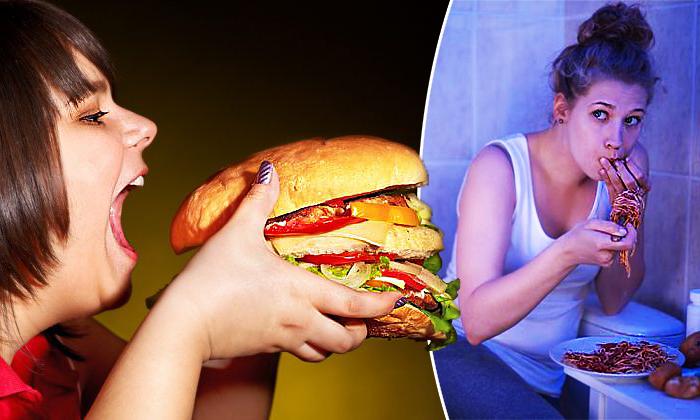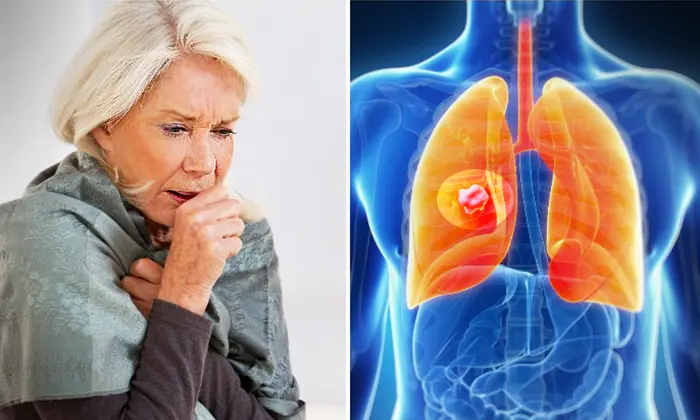After writing a number of articles about how certain individuals shed more than 100 pounds by altering their diet habits, I sought to investigate how people reach their oversized shape in the first place. An alarming statistic that I discovered shows how common obesity is: more than 1 in 3 adults in America are obese.
Obesity is more than just being overweight. It is when your body mass index (BMI) is 30 or higher (you can find out your BMI using a BMI calculator). There are many factors that contribute to obesity, and scientists believe that food addiction may play an important role in it.





